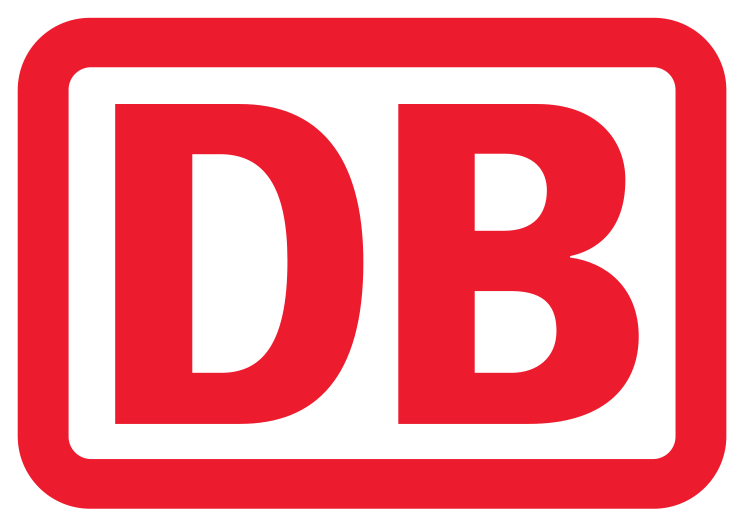Basic knowledge of logistics
Practical - up-to-date - clear

Contents
Introduction and role of logistics
- Importance, goals and tasks of logistics.
- Differentiation: logistics, materials management, etc.
- Forms of organization.
- Logistics strategies.
- Basics: Inventory management.
- Technical terms, abbreviations.
Instruments and methods for logistics practice
- ABC, XYZ, LMN analysis.
- Concept/meaning of value stream and process analysis.
Procurement logistics
- Tasks, role of procurement logistics, understanding interrelationships.
- Supply and transportation concepts: Vendor Managed Inventory, consignment stock, JIT.
Production logistics
- Production logistics systems, KANBAN, KAIZEN etc.
- Distribution of roles in procurement and production logistics.
- Industry 4.0.
Warehouse and transport logistics
- Warehouse organization; warehouse types (centralized/decentralized etc.); warehouse types/systems (rack storage etc.); warehouse conveyor/transport equipment; packaging logistics.
- Spare parts logistics.
Logistics and IT
- The role of modern IT systems (ERP, SAP), EDI, barcoding, radio frequency identification.
- Master data quality - the basis of functioning logistics processes.
- Information and communication technology.
Basics of Supply Chain Management
- The value creation process from suppliers to the end customer.
- Excursus: Logistics in global value creation networks.
Excursus: Logistics controlling and reporting
Trends in logistics
Learning environment
In your online learning environment, you will find useful information, downloads and extra services for this training course once you have registered.
Your benefit
It teaches the key principles for a successful career in logistics.
- Essential management knowledge supports the design, optimization and control of logistics processes in the company.
- Logistics is viewed holistically as part of the supply chain.
- Processes, systems and interrelationships in procurement, production, warehousing and transportation logistics are taught.
- Tools and working methods for daily practice can be applied in a targeted manner.
- Modern IT systems in various logistics areas are well known, as are the requirements and opportunities in the context of digitalization projects.
- Practical examples provide orientation for operational decisions and management tasks.
Methods
Trainer input, numerous case studies, exercises, discussion, tried-and-tested checklists and tips from practitioners for practitioners.
Recommended for
newcomers, career changers in logistics. employees with links to logistics (e.g. from quality management, product management, etc.). Young professionals who want to train for management tasks in logistics and for all those who want to acquire important logistics basics in an up-to-date and practice-oriented manner.
Further recommendations for "Basic knowledge of logistics"
9685
Start dates and details
Monday, 23.02.2026
10:00 am - 5:30 pm
Tuesday, 24.02.2026
09:00 am - 5:30 pm
Wednesday, 25.02.2026
09:00 am - 4:30 pm
- one joint lunch per full seminar day,
- Catering during breaks and
- extensive working documents.

Wednesday, 15.04.2026
10:00 am - 5:30 pm
Thursday, 16.04.2026
09:00 am - 5:30 pm
Friday, 17.04.2026
09:00 am - 4:30 pm
Monday, 15.06.2026
10:00 am - 5:30 pm
Tuesday, 16.06.2026
09:00 am - 5:30 pm
Wednesday, 17.06.2026
09:00 am - 4:30 pm
- one joint lunch per full seminar day,
- Catering during breaks and
- extensive working documents.

Wednesday, 22.07.2026
10:00 am - 5:30 pm
Thursday, 23.07.2026
09:00 am - 5:30 pm
Friday, 24.07.2026
09:00 am - 4:30 pm
Monday, 14.09.2026
10:00 am - 5:30 pm
Tuesday, 15.09.2026
09:00 am - 5:30 pm
Wednesday, 16.09.2026
09:00 am - 4:30 pm
- one joint lunch per full seminar day,
- Catering during breaks and
- extensive working documents.

Monday, 26.10.2026
10:00 am - 5:30 pm
Tuesday, 27.10.2026
09:00 am - 5:30 pm
Wednesday, 28.10.2026
09:00 am - 4:30 pm
Monday, 23.11.2026
10:00 am - 5:30 pm
Tuesday, 24.11.2026
09:00 am - 5:30 pm
Wednesday, 25.11.2026
09:00 am - 4:30 pm
- one joint lunch per full seminar day,
- Catering during breaks and
- extensive working documents.
Wednesday, 24.02.2027
10:00 am - 5:30 pm
Thursday, 25.02.2027
09:00 am - 5:30 pm
Friday, 26.02.2027
09:00 am - 4:30 pm
- one joint lunch per full seminar day,
- Catering during breaks and
- extensive working documents.

Wednesday, 17.03.2027
10:00 am - 5:30 pm
Thursday, 18.03.2027
09:00 am - 5:30 pm
Friday, 19.03.2027
09:00 am - 4:30 pm
- one joint lunch per full seminar day,
- Catering during breaks and
- extensive working documents.
 4.2
4.2












